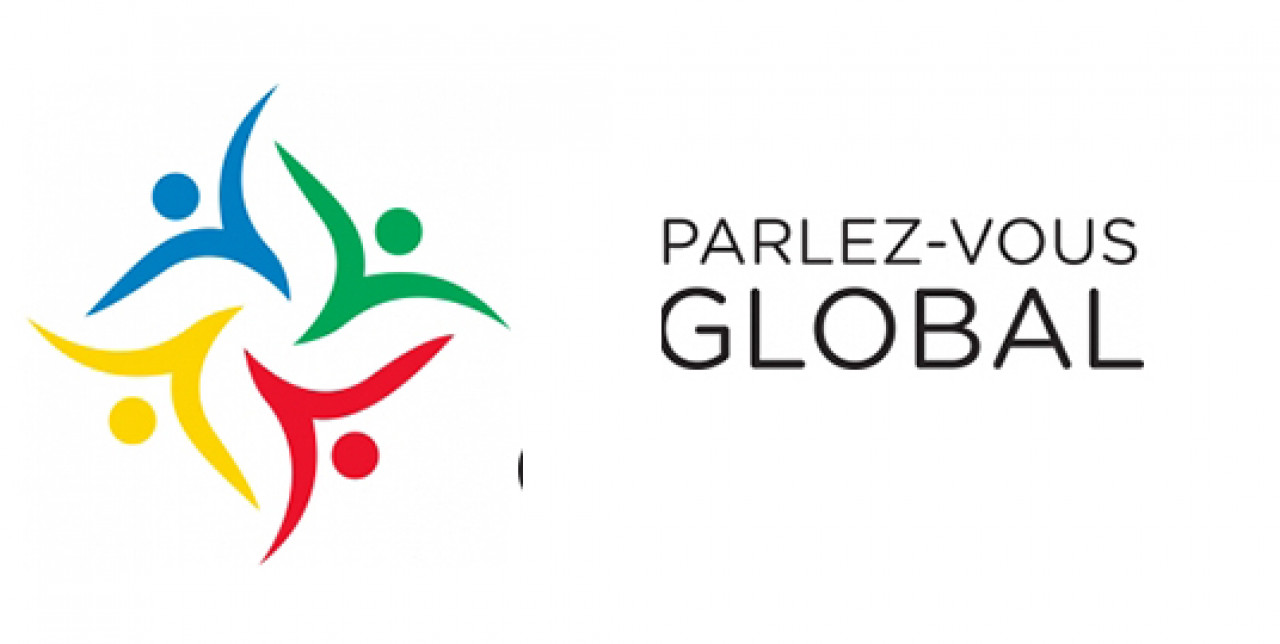09-10-2016 | di COOPI
World exercises at school
PRESS RELEASE
WORLD EXERCISES AT SCHOOL
Politics and media only link migrations only with social alarm, whereas it is a good thing to give back to the phenomenon a cultural vision that school and school only can provide. This is the sypnopsis of the International Forum ?Parlez vous global?? (?Do you speak global??).
Friday, Oct. 9th- The International Forum of the project ? Parlez-Vous Global?? (?Do you speak global??) was held today at Expo Milan in the civil society's pavilion, which was joined by 150 secondary school teachers from 4 Countries ( Italy, France, Austria, Romania ) and 3 African Countries ( Benin, Burkina Faso and Senegal).
It was a big, two-years lasting educational challenge that united them: speaking about migrations at school and maturing a new vision of world citinzenship.
As underlined during the opening by Vinicio Ongini, technical coordinator of the National Observatory for Integration and Interculture of the MIUR, the topic is very important and understimated. Today everybody speaks about migration, from politicians to common citizens, but only as worrisome and on the basis of what happens in the immediate. What's needed is a more complex thinking instead, one that can answers broader questions: how will migrations influence our identity and our school?
"It is of paramount importance to bring back migrations to cultural debate", continued Monica Cerutti, Piemote's district councilor for international cooperation and migration. "The fact that there are few funds to perform national interventions of cooperation to development or local interventions of decentralized cooperation cannot be an excuse used by politics to not deal seriously with migrations. Politics can and must express itself in order to create a new culture, which should take place in school before anywhere else."
At the governmental level, the Minister of Education has remedied for its forgetfulness about global citizenship education in the document ?the Good School?- something that was also underlined by Parlez ?vous global? during public consultation- by setting up the National Obeservatory for Integration almost one year ago. The Observatory has the task to write the additional chapter about Interculture and to do so it wrote a document accessible on the MIURE website titled ?Different form whom??. The Observatory has identified three structural areas in which to operate in order to educate for global citizenship: training staff (managers, teachers, administrators) on development and migrations; multilingualism in the classes; having students covering leading roles, particulary the second-generation ones.
Concerning this it is important to remember , as did Cerutti, the Manifesto of second-generation immigrant students, which identifies four points about school: first of all, the need to provide an adequate training to teachers- a point shared between the document from the Observatory and the project Parlez-vous global?. Second, the importance of complete support to the just-arrived, both language-wise and socio-psychologically. Thirdly, the involvement of families and, lastly, the reinforcement of both job orienteering and the transition towards it.
It's useful to remember that, during school year 2013-2014, there were 830.000 foreign students in Italy, the half of whom were born in our country, for a total 9% of all male students.
"The students generally are very aware about migrations", added Daniele Biella, a teacher and journalist. Two months ago he published Nawal, the angel of the refugees, the biography of a 26-years-old Moroccan woman living in Catania (Sicily) who asnwers maydays from migrants stuck in the sea.
Boys are more sensitive than us. They want to know what is happening, to confront themselves without prejudices, to develop indipendent opinions. They ask ?What can we do concretely??. It's this way that they discover stories that are untold by television, about those people who, in a more or less organized way, lend themseves to help people that are struggling or in danger.
The school can truly restore time to reflect and to open freely to global citizenship.
While listening to the expeirences presented by the delegates of the seven countries, what emerges clearly is Piero Gioda's take on the project: "Parlez vous global? has been a great educational challenge, a provocation at times, to put at the center of education a subject of study that is truly important for the life of the students".
Luca Remmert, President of the Saint Paul Company, added: "The Saint Paul Company has always been interessed in partecipating to initiatives like Parlez vous global?, where social profit actors, NGOs, regional scolastic offices, public autorities and foundations engage together in activities to make future generations more informed and aware of global dynamics".
Press office
Isabella Samà
sama@coopi.org
02 3085057




 Italy
Italy